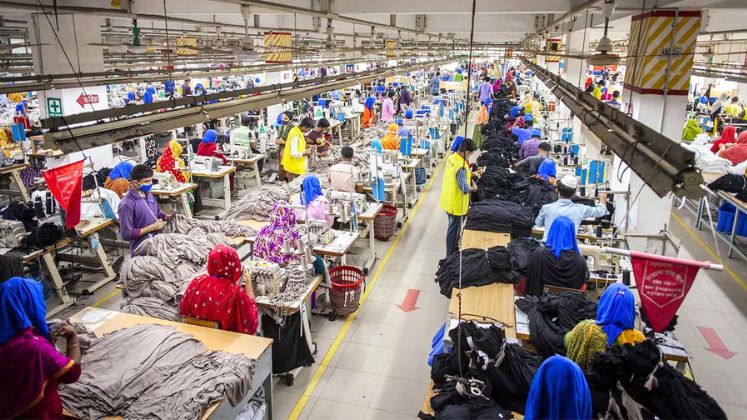
Bangladesh is witnessing a heated debate over proposed amendments to its labour law that could significantly alter the formation process of trade unions. The changes, currently under consideration, would allow a trade union to be established with just 20 workers, replacing the existing requirement of 20% of a factory’s workforce.
Major trade associations and private employers have voiced strong concerns about the move. The Bangladesh Employers’ Federation (BEF) described the proposal as posing “serious risks,” warning it could lead to increased labour disputes, deter investment, and result in multiple paper-based unions within a single factory. Several industry groups, including the Bangladesh Garment Manufacturers and Exporters Association (BGMEA), Bangladesh Knitwear Manufacturers and Exporters Association (BKMEA), and others representing sectors like jute, pharmaceuticals, and outsourcing, have supported these reservations.
In contrast, the Government defends the proposed changes, emphasising that the number of union members does not automatically translate into influence, as union leaders would still need to secure at least 51% of votes in factory elections to lead. Labour rights advocates point to international practices, noting that allowing unions with as few as 20 members has worked in other countries and could facilitate easier union formation in Bangladesh.
The Government has committed to amending labour laws to align with International Labour Organisation (ILO) standards, with officials expecting the process to conclude by October 2023. Discussions on the draft amendments took place in late August during a tripartite meeting involving Government representatives, industry leaders, and worker representatives. While some stakeholders, including factory owners, have agreed on most proposals, the contentious 20-person threshold remains unresolved.
Industry leaders have already begun mobilising opposition, with the BGMEA president Mahmud Hasan Khan indicating plans to submit a protest letter to the Government. According to Khan, leaders from various sectors have met Government advisers to voice their concerns about the potential impacts of the amendments.
On the other side, labour advocates such as Md Towhidur Rahman, president of the Bangladesh Apparels Workers Federation, argued that small unions would not harm owners and cited Cambodia as a positive example of easier union registration. Nazma Akter of the Sommilito Garments Sramik Federation echoed this sentiment, supporting the 20-worker threshold.
Government officials, including Labour and Employment Adviser Brigadier General (Retd) M Sakhawat Hussain, clarified that union elections would still require a majority vote, and the move is part of broader efforts to improve labour standards in line with international conventions. Bangladesh is also set to ratify three additional ILO conventions, aiming to become the first country in Asia to fully comply with all key standards.
The debate highlights the ongoing tension between labour rights and industrial interests in Bangladesh’s vital manufacturing sector. As discussions continue, stakeholders agree on the need for dialogue to create a balanced approach that safeguards workers’ rights while maintaining a conducive environment for investment.






